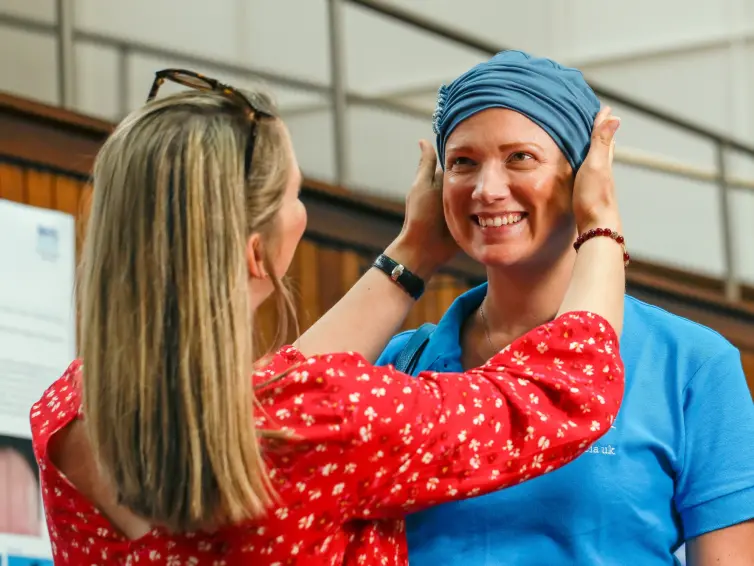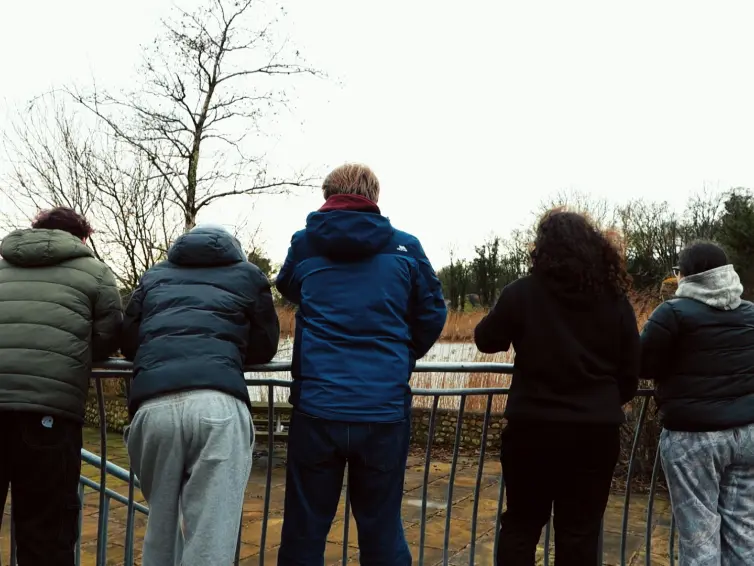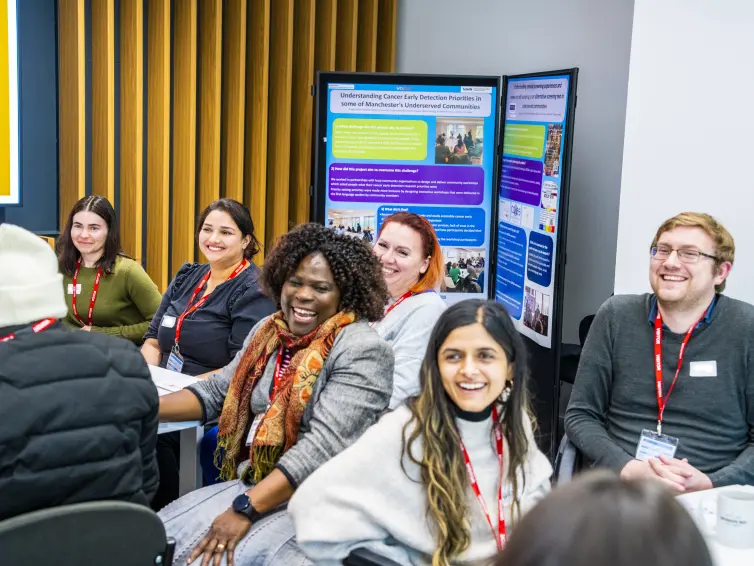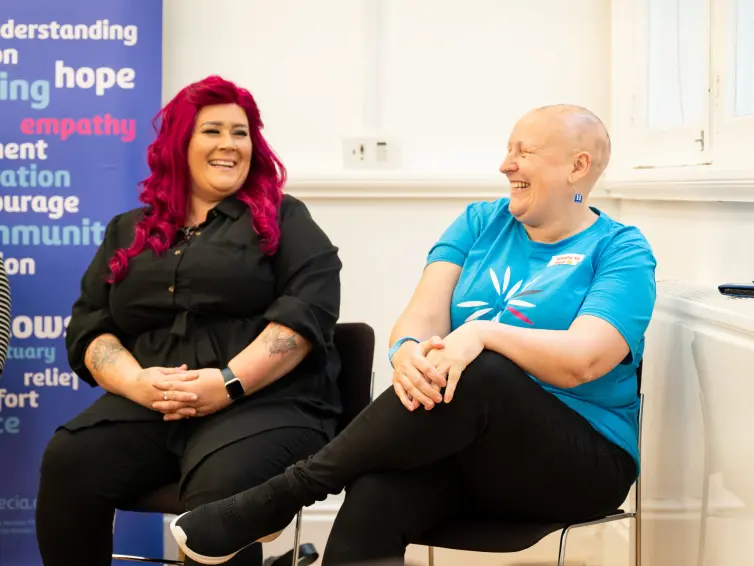All About Alopecia: Rita's Experience
Rita shares her experience of living with alopecia universalis and how she feels research is making a difference.
“Thanks to research I feel like we hear about new treatments being trialled and developed almost every week. I feel like research can give much-needed hope to people living with alopecia.”
Can you tell me about yourself and your experience with alopecia?
My name is Rita, and I’m 63 years old. I developed alopecia, a medical term for hair loss, around three or four years ago. It started as patches of hair loss and progressed to alopecia universalis, which is a type of alopecia characterised by loss of hair all over the scalp and body (including eyelashes and eyebrows). It has been a long and difficult journey because it’s not a very common condition and I feel there isn’t much awareness about it, even among doctors.
How does alopecia affect your daily life?
For me, it’s always the first thing you think of when you wake up. What am I wearing on my head today? I think you can feel very alone, very isolated and it can really affect my confidence. I feel like it made me less outgoing. It's a very visible condition, which can take away your choice about whether to share your diagnosis with people.
What would be the one thing you wish other people understood better about alopecia?
I wish people would not assume that just because you’re going out with a scarf on your head, wig or cap you have cancer. Not everybody with hair loss is having chemotherapy. There are other reasons, and this is what people with alopecia can look like. I think there needs to be more awareness raising to help with that.

What would be your top tips for living well with alopecia?
Alopecia is not life-threatening, but it is life-changing when you don't recognise yourself anymore. Give yourself time to adjust and grieve. You'll find a way but it's not always going to be easy, so be kind to yourself!
How do you feel about being able to have your say in alopecia research?
So far, I have reviewed patient information leaflets for medications, and I have been helping with the All About Alopecia event. I became involved with Vocal through Dr Matthew Harries. I wanted to do something to help other people living with alopecia and to make information about this condition more accessible.
What do you hope research can do for people living with alopecia?
I was initially told there was nothing that could be done, that I had to learn to live with it. Thanks to research I feel like we hear about new treatments being trialled and developed almost every week. I feel like research can give much needed hope to people living with alopecia. Knowing there were other options gave me confidence, whether they turned out to be successful or not.


